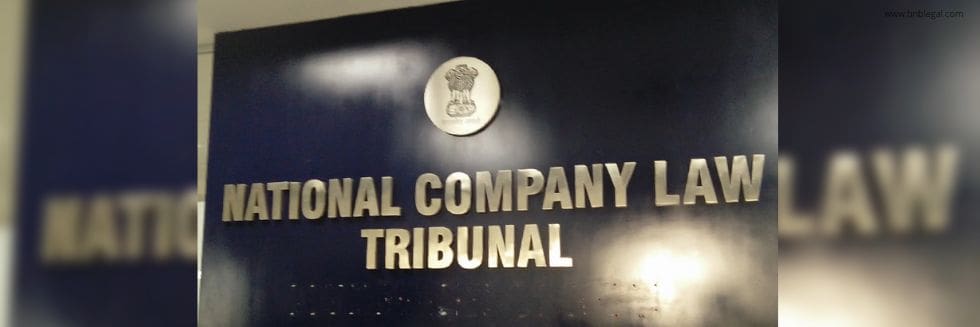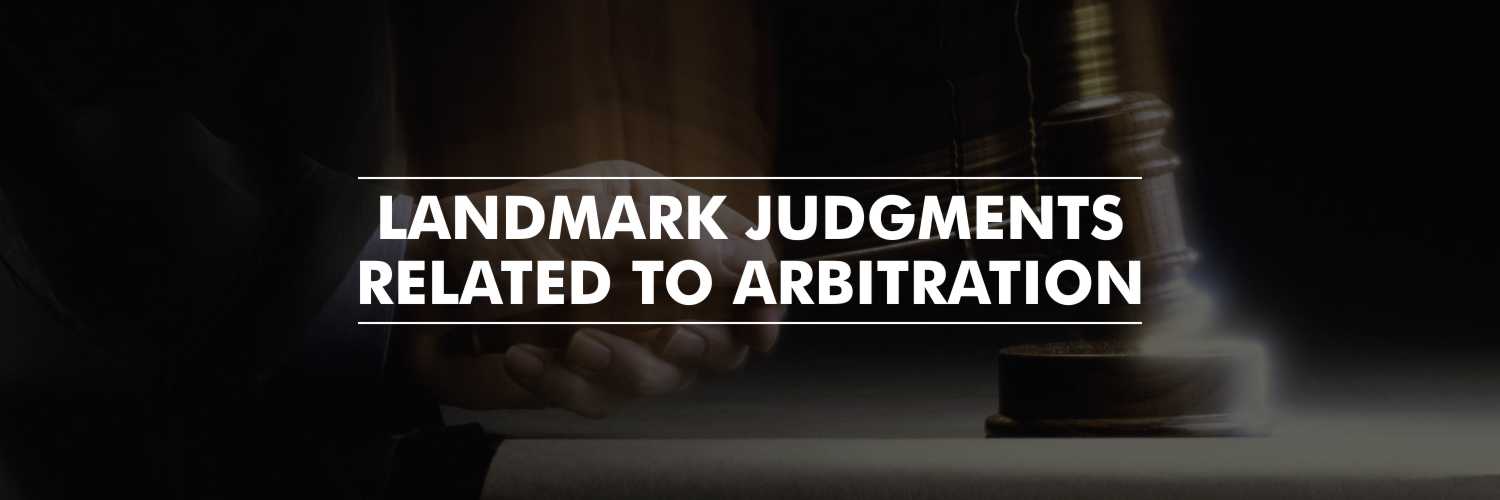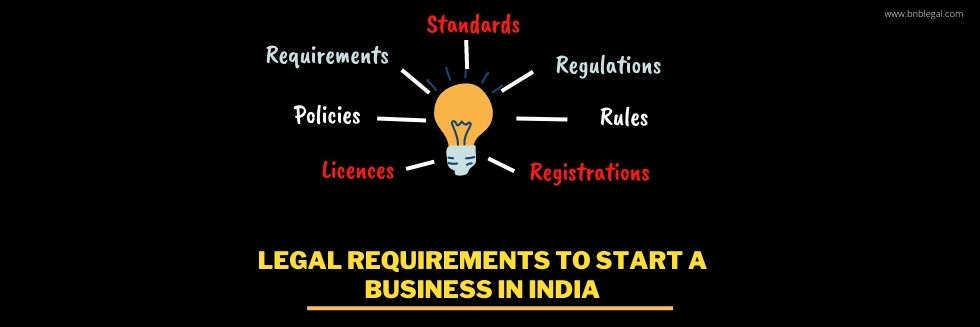With the growing trade relations between various countries in different businesses, projects have brought revolutionary changes in the economy of every country through globalization and industrialization. With the ever-growing business relations, conflicts are bound to take place. In order to tackle the disputes, the parties often tend to adopt an alternate mechanism for the settlement of the dispute. The preferred alternative mode of settlement is Arbitration. For redressing these disputes, Arbitration Centers are established under the Arbitration and Conciliation Act, which is presided over by an Arbitrator duly appointed by Hon’ble High Court or a Sole Arbitrator mutually appointed by the parties. The Arbitration and Conciliation Act has witnessed a few amendments which are given in detail in Arbitration and Conciliation (Amendment) Act, 2019.
When and How proceedings under the Arbitration and Conciliation Act can be initiated?
The first and foremost condition to be kept in mind for initiating arbitration proceedings is the existence of an arbitration agreement between the parties. The agreement can either be an independent agreement or can be in the shape of a clause in the main agreement. Without the agreement, no proceedings can be initiated. For commencing arbitration proceedings, one must engage an arbitration lawyer.
Once the arbitration proceedings are commenced and the appointment of the Arbitrator is not challenged by the parties, the arbitrator shall conclude the proceedings and pass an award within 12 months.
Grounds upon which the appointment of an Arbitrator can be challenged.
The grounds of the challenge of an arbitrator are mentioned in section 12 of the amendment Act of 2015. According to section 12, the appointment can only be challenged if:
- The circumstance which creates a justifiable doubt as to the independence and impartiality of the arbitrator.
- When the arbitrator does not possess requisite qualification.
Challenging of an Arbitral Award
Award so passed by an arbitrator can be challenged on the grounds laid down under section 34 of the Arbitration Act. The award can only be challenged with three months of the passing of award on the following grounds:
- A party was under some incapacity.
- The arbitration agreement is not valid under the law.
- No proper notice of appointment of the arbitrator or of commencement of proceedings was given.
- The arbitral award is beyond the scope of matter preferred for arbitration
- The composition of the arbitral tribunal or the arbitral procedure was not in accordance with the agreement of the parties.
- The subject-matter of the dispute is not capable of settlement by arbitration under the law for the time being in force
- The arbitral award is in conflict with the public policy of India.
This article is written by Paras Chugh. The author can be contacted via email at paras@bnblegal.com
For more information and professional consultation regarding arbitration matters, our expert arbitration lawyers in Chandigarh can be contacted from Monday to Friday between 10:00 am to 6:00 pm and between 10:00 am to 2:00 pm on Saturdays.









